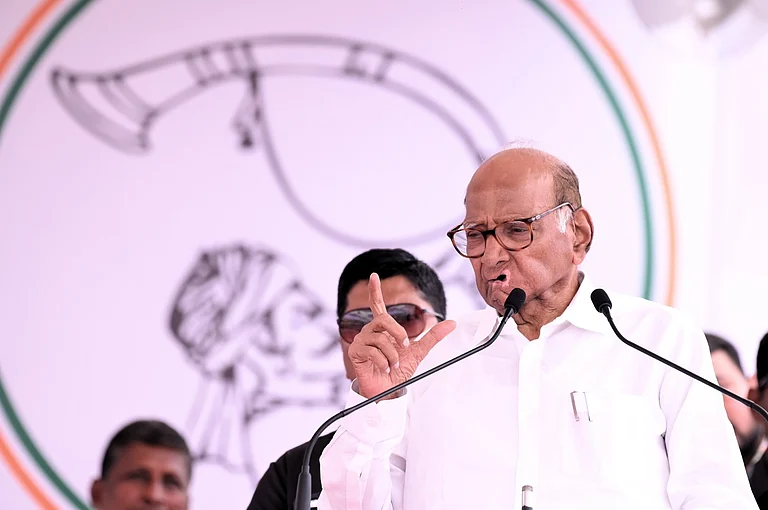BUDGET 2001, which cheered markets with tax cuts and wide-ranging reforms, will push interest rates down and boost growth, analysts said.Presenting the budget for 2001-02, finance minister Yashwant Sinha announced tax cuts, steps to revamp infrastructure and laid out measures to limit government spending to cut the fiscal deficit. Sinha also announced cuts in interest rates on government-administered small savings schemes, which are used as benchmarks by banks to price their long-term deposits.
Lower rates on the small savings are expected to lead to cuts in bank deposit and lending rates. Other measures widely cheered by analysts included a halving of tax on dividends paid by companies to 10 per cent and a hike in the cap on equity investments by foreigners in Indian firms to 49 per cent from 40 per cent. "We believe this is going to be a growth-oriented budget. It is going to kickstart the economy," said Arun Bharat Ram, president, Confederation of Indian Industry. "It is going to give right signals for people to invest," he added.
Sinha had been under pressure to present a growth-oriented budget to revive a sluggish economy. Gross domestic product growth is expected to slow to 6 per cent in 2000-01 from 6.4 per cent a year earlier. Analysts said the tax cuts, which lowered the peak personal income tax rate to 30.6 per cent from 35.10 and the top corporate tax rate to 35.7 per cent from 39.66, would release more money for spending. The lower interest rates could spur investment, they said. "For the economy, the low interest rate regime is very clear. Consumption and investment are bound to go up," said Kamal Sen, economist at BNP Paribas, Mumbai.
Markets cheerful. Indian financial markets, which had been fearing harsh revenue-raising measures to help fund the rebuilding of quake-ravaged Gujarat, cheered the budget. The BSE Sensex leapt more than 4 per cent after the budget, hitting an intra-day high of 4,264.02 points before retracing to 4,179.22 -- still up 2.69 per cent from the previous day.
Bond prices jumped as well, buoyed by the government's rate cuts which were seen by traders as a precursor to similar reductions by the central and commercial banks. The lower fiscal deficit, targeted at 4.7 per cent of GDP in 2001-02 compared to 5.1 per cent this year, also buoyed bond market sentiment as it meant lower market borrowings.
Some unhappy. But some analysts warned it might be too soon to start celebrating. Two years ago, Sinha presented a similar budget which was widely acclaimed by markets, but it had to be watered down after fierce opposition both within and outside the government.
"The finance minister has tried to meet the fiscal deficit mainly by not increasing plan expenditure," said Abhijit Sen, economics professor at the Jawaharlal Nehru University. The 2001-02 fiscal deficit is slated at 4.7 per cent of GDP, down from 5.1 per cent in the current financial year. Capital plan expenditure, which is mainly on capital-intensive projects, is slated to grow only marginally to Rs 348.75 billion ($7.5 billion) from Rs 331.34 billion.
Total revenue expenditure, a large part of which goes towards interest payments, defence spending and subsidies, on the other hand, is slated to rise to Rs 2,503.41 billion from Rs 2,304.31 billion. "It is being billed as a budget for growth but there is nothing for stimulating growth except the interest cut on small savings," Sen said.


























